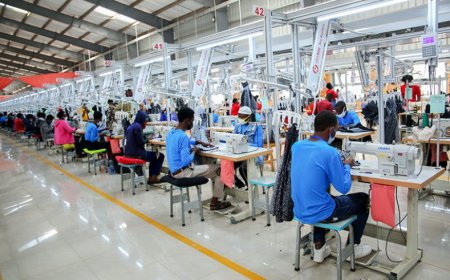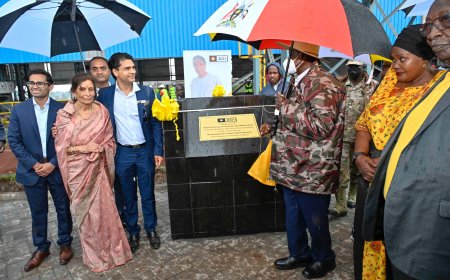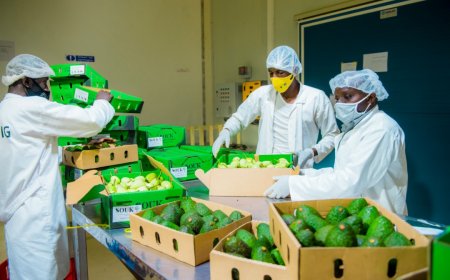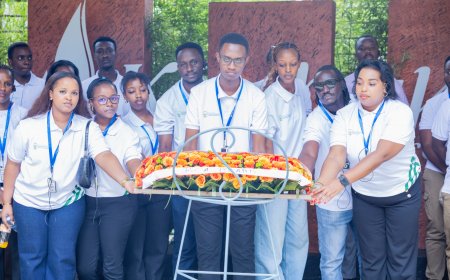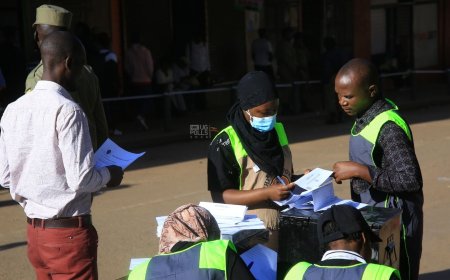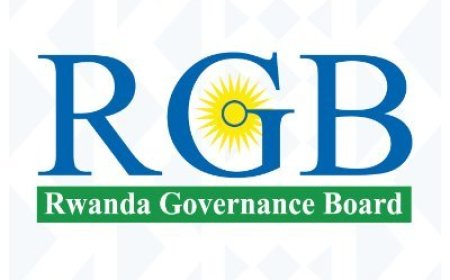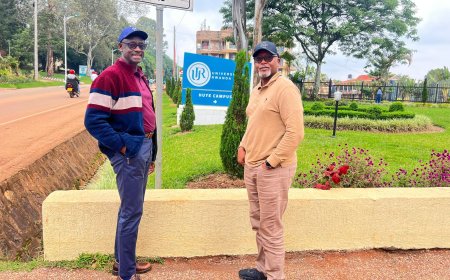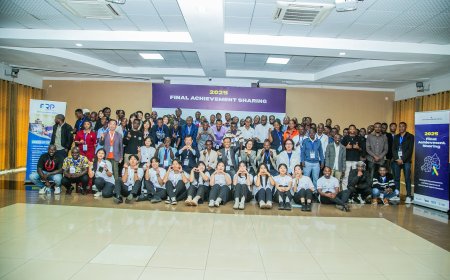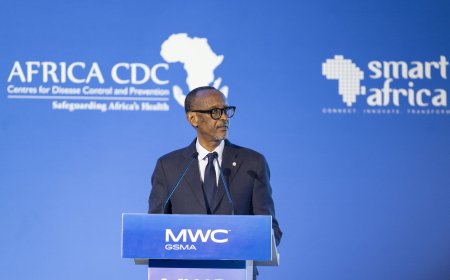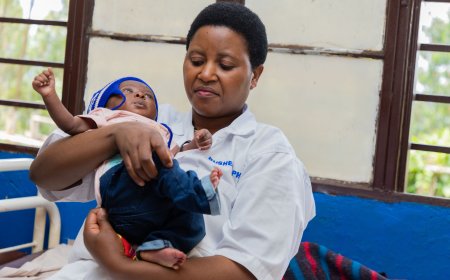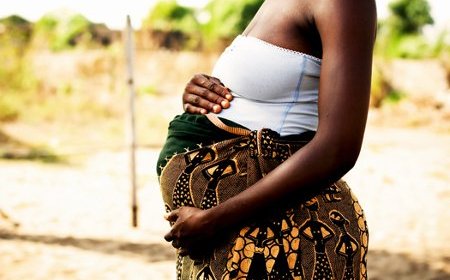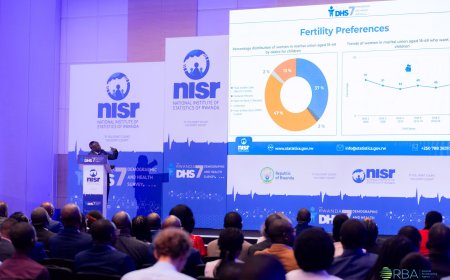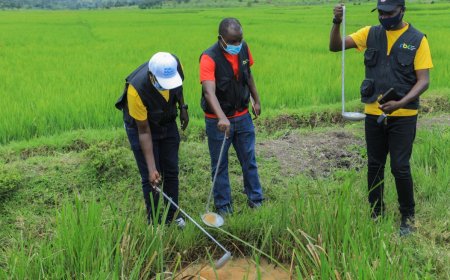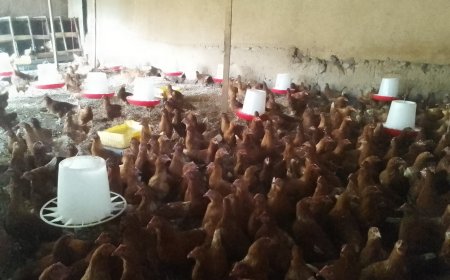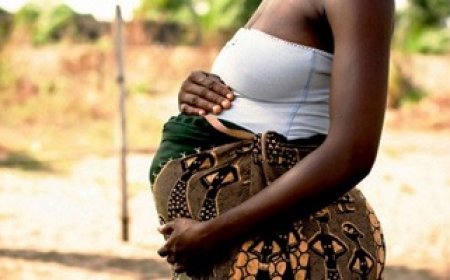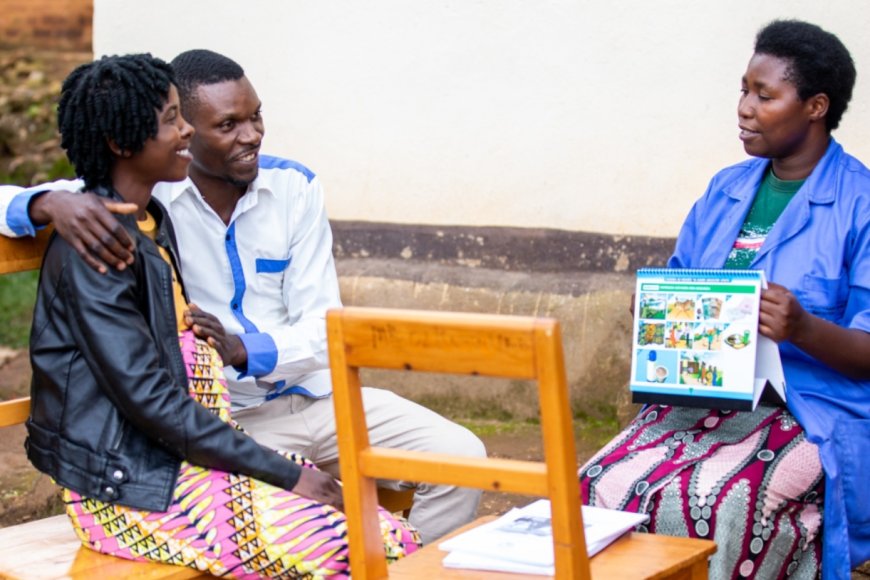
How community involvement in Rwanda improves the health of mothers and children
By emphasizing integrated healthcare services, community engagement, and the use of technology to guarantee easily accessible and effective care, Rwanda has achieved strides in improving maternal health.
Speaking at the Africa Health Agenda International Conference on Monday, March 3, in Kigali, Dr. Aline Uwimana, Division Manager for the Maternal, Child, and Community Health Division at the Rwanda Biomedical Centre (RBC), emphasized this progress, which has been bolstered by tens of thousands of community health workers.
According to Dr. Uwimana, Rwanda has enhanced the quality and accessibility of care by integrating maternal health services with community-based health insurance.
"This enables us to improve cooperation with partners and deliver services that are efficient, equitable, and accessible to those who need them most," she said.
The active involvement of local communities is a crucial component of this strategy, since it guarantees that mothers are informed about the services that are available and are motivated to seek care as soon as possible, Dr. Uwimana continued.
Community health professionals provide regular monitoring and aid in the early detection of pregnancies. Health professionals can now detect pregnancies earlier thanks to the community-level introduction of urine pregnancy tests, which guarantees that women receive the care they need and prompt referrals, she said.
"Community health workers ensure that pregnant women receive appropriate care and prompt referrals to health centers when necessary by monitoring them throughout their pregnancy."
More than 58,000 people work in community health.
According to her, issues like postpartum hemorrhage and hypertensive disorders can be avoided with early identification.
Rwanda has been able to lower the dangers for both moms and infants by recognizing these problems early. Early detection of issues allows for their treatment and the avoidance of serious health consequences, she stated.
Rwanda's maternal health policy relies heavily on technology, according to Dr. Uwimana, who emphasized that all health centers in the nation now have ultrasound equipment, which enables improved monitoring and early detection of pregnancy-related issues.
Another top concern for Rwanda's maternal health system is affordability. Rwanda strives to guarantee that maternal healthcare is available to everyone, irrespective of their financial situation, even though it offers cutting-edge services. Our goal is to provide complete maternity and neonatal care at the lowest possible cost," Dr. Uwimana stated.
She emphasized the importance of postpartum care, especially during the crucial 1,000 days between conception and the child's second birthday. She emphasized that in order to maintain the health of both mother and child during this time, adequate nutrition, breastfeeding, and vaccinations are essential.


 Kinyarwanda
Kinyarwanda
 English
English
 Swahili
Swahili










